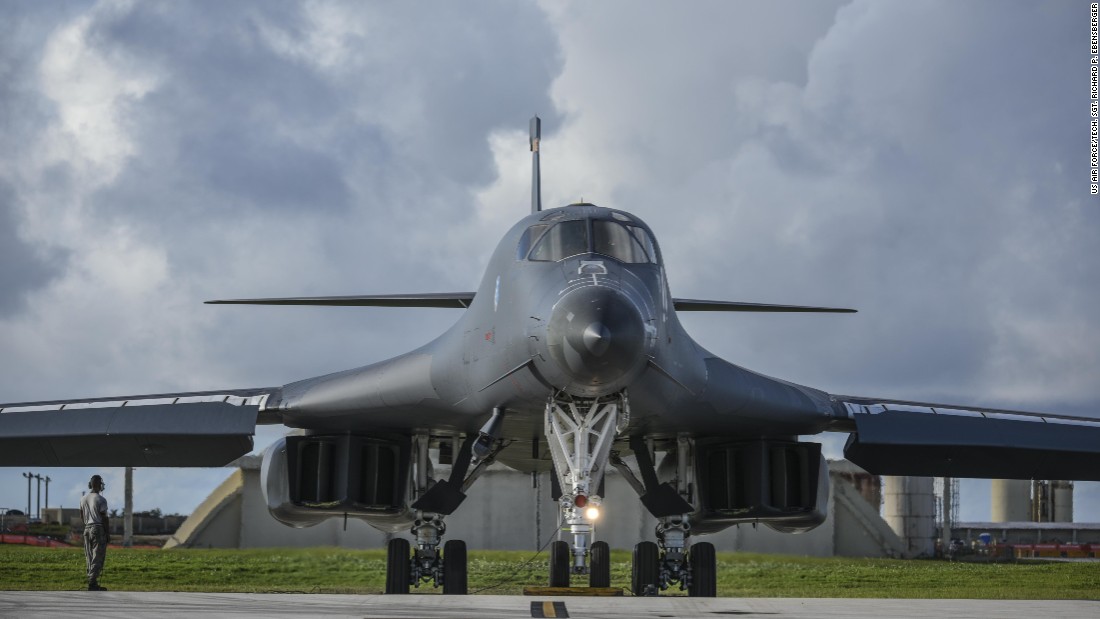Four US Air Force B-1 bombers and approximately 200 members of the Dyess Air Force in Texas are being deployed to Orland Air Force Base in Norway, and in the next three weeks, missions will begin in the Arctic Circle and in airspace. international in northwest Russia, according to several defense officials.
Until now, military missions over the Arctic had been largely staged outside the United Kingdom. The movement of forces much closer to Russia means that the US will be able to react more quickly to Russia’s potential aggression, officials say.
“Operational readiness and our ability to support allies and partners and respond quickly are essential to combined success,” said Gen. Jeff Harrigian, commander of the US Air Forces in Europe and Africa.
In recent months, the Pentagon has operated similar groups of B-52 bombers in the Middle East as a means of demonstrating the United States’ ability to rapidly move military assets to potentially tense regions. These bomber missions take weeks to plan, so Norway’s deployment has been underway for some time, officials say.
The Department of Defense is deeply concerned about Russian military movements to block potential access to the Arctic for natural resources and maritime access, while continuing to militarize the Arctic region.
“Recent Russian investments in the Arctic include a network of offensive air assets and coastal missile systems,” warned Barbara Barrett, secretary of the Air Force during the Trump administration, when the Air Force made public how it would deal with the Arctic last summer. The United States estimates that Russia considers maintaining its own access to the Arctic increasingly vital, with almost 25% of its gross domestic product from hydrocarbons north of the Arctic Circle, Barrett said.
A Russian jet fighter flew low near the USS Donald Cook, a naval destroyer, in the international waters of the Black Sea last month.
The United States Navy routinely navigates these waters to send the message that it will maintain maritime access in the region.
The meeting was relatively small, but the Navy issued a statement saying that “the unnecessary proximity of the Russian Su-24’s actions was inconsistent with good piloting and international norms and standards. The US Sixth Fleet is committed to maintaining freedom of international waters for all Black Sea nations. “
